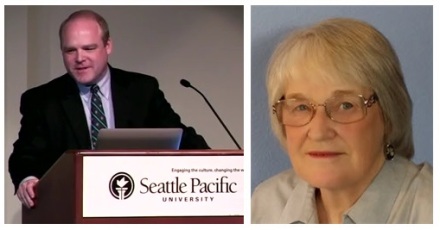I recently came across a homily that Pope Francis delivered last year, and thought I would share it. Lent is usually thought of as a time for fasting, but it is also a time for prayer. Francis reminds us that Moses “speaks freely before the Lord” and in doing so “he teaches us how to pray: without fear, freely, even with insistence.” He reminds us that our deepest and most nourishing spiritual friendship is the friendship that we cultivate with God in prayer. This summary of the Pope’s homily comes from L’Osservatore Romano, Weekly ed. in English, n. 15, 11 April 2014.

In his homily at Holy Mass, Pope Francis reflected on the nature of prayer. The Pope based his reflection, and the little “manual” of prayer he proposed, on the day’s first Reading from Exodus (32:7-14), which recounts “Moses’ prayer for his people who had fallen into the grave sin of idolatry.”
The Pope introduced his remarks by noting that God reproved Moses, saying to him: “Go down; for your people, whom you brought up out of the land of Egypt, have corrupted themselves.”
It is as though God wished to distance himself through their dialogue, saying: “I have nothing to do with this people; they are yours, they are no longer mine.” But Moses responds: “O Lord, why does thy wrath burn hot against thy people, whom thou has brought forth out of the land of Egypt with great power and with a mighty hand?” The Pope observed: “the people stood as it were between two masters, between two fathers: the people of God and the people of Moses.”
Continue reading →






You must be logged in to post a comment.